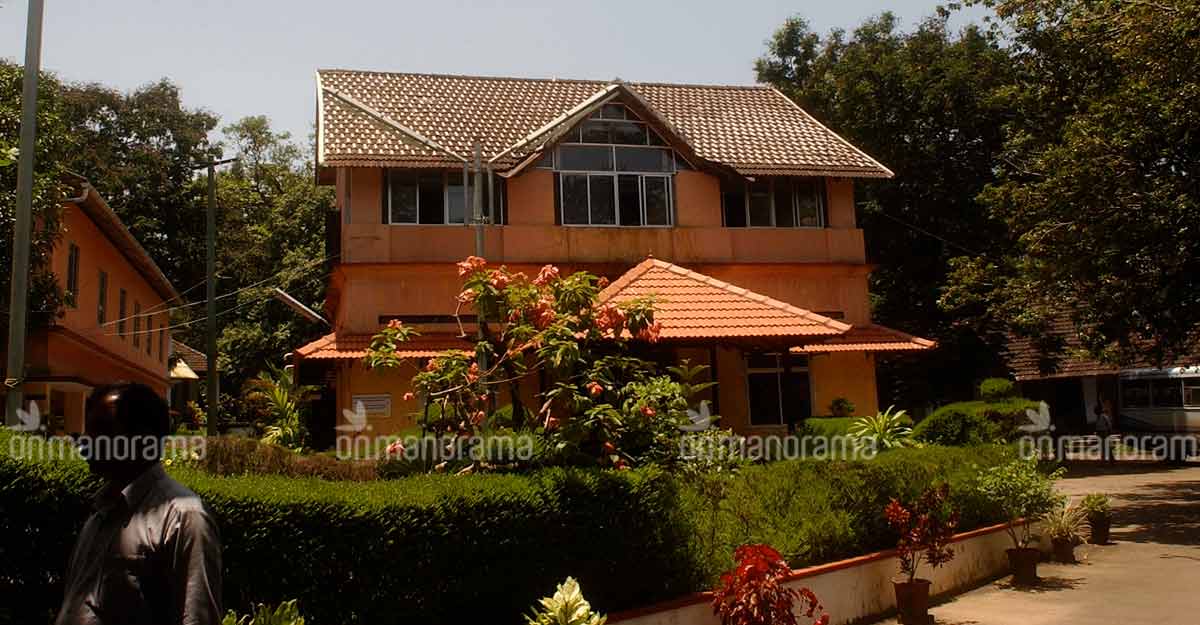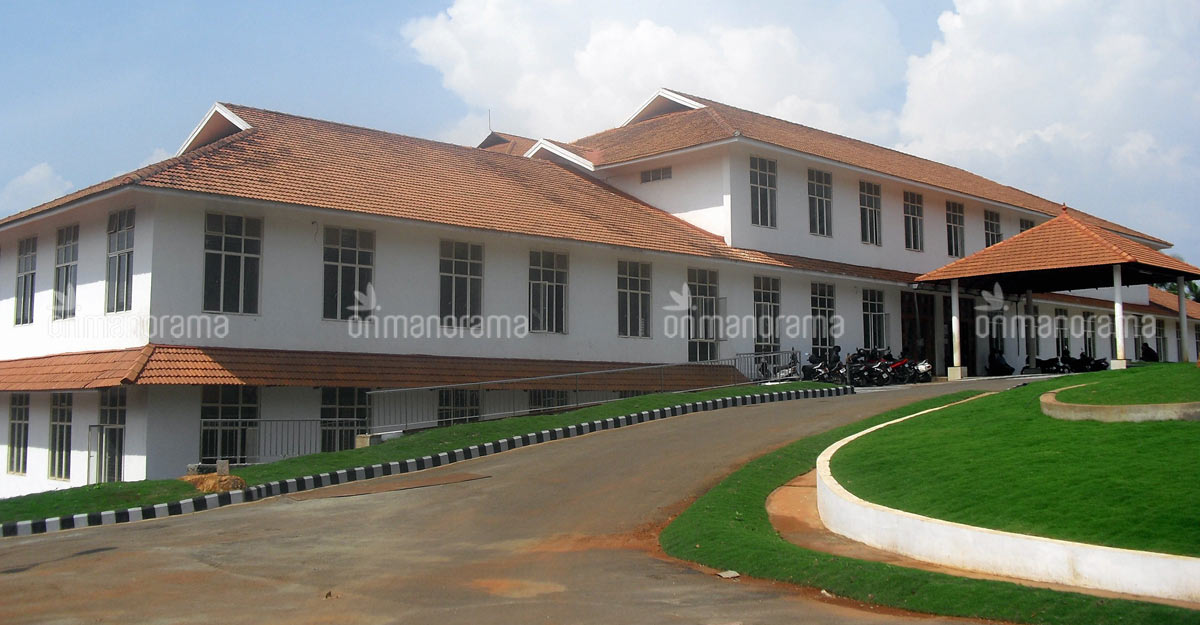COVID halts another kind of contact tracing, stranded souls fill up mental hospitals in Kerala

Mail This Article
For scores of people picked up from the streets by the police and lodged in mental health centres in Kerala, the pandemic was like an explosive that had demolished a bridge that would have taken them back home.
Official figures show that there are 317 'critically missing persons' (CMPs), official terminology for men and women found wandering aimlessly in public places, in all the three mental health institutions in Kerala. Nearly 90 per cent of them have been brought to these institutions since October 2019. And 70 per cent among them are from other states, do not understand Malayalam, are largely illiterate, and have accidentally ended up in Kerala.
After the pandemic struck and the trains and buses stopped moving, efforts to trace their homes and relatives also ground to a halt. Now, with no one working to find their relatives, they are crowding the mental health institutions. The Kozhikode Mental Health Centre in Kuthiravattom has the most number of CMPs: 134. Thrissur Mental Health Centre in Padinjarekotta has 98, and Thiruvananthapuram Mental Health Centre in Oolampara has 85. Half are females.
Halt to contact tracing
"The repatriation process in many of the cases was in an advanced stage. We had traced their districts in far flung states like Uttar Pradesh, Bihar and even Sikkim and, in some cases, had got in touch with relatives," a top Social Justice Department official said. "But once the COVID-19 controls were in place, we could not proceed further," the official said.
Before the pandemic, the repatriation process was being successfully carried out. An ambitious scheme called 'Prathyasha' was unveiled in June, 2019, with the objective of returning 100 other-state CMPs lodged in mental health centres and psychosocial rehabilitation centres across Kerala to their homes during the 2019-20 fiscal. An NGO named 'Akashaparavakal' was roped in for the purpose.
But in nine months, by March when the virus had forced a shut down, 150 were united with their families, and these included even people who were stuck in Kerala for 10 or more years.

"The last trip was to Bihar and Jharkhand in February, with ten people. All were from different districts and we handed them over to their families," said Bindu Sebastian of Akashaparavakal. "The next trip was planned to Orissa, with five people. We had collected their addresses and were ready to leave but then the virus forced us to call off our travel plans," she said.
Trains to nowhere
Bindu said most of these other-state people who end up in Kerala are illiterate villagers who either take the wrong train or got lost in a railway station after they stepped out of the train to buy some food or water during a temporary halt. A young Nagaland woman travelling with her extended family got lost in the melee at the Naginimora Railway Station in Nagaland, boarded the wrong train and ended up in Kozhikode.
"They don't know any other language except their own and would invariably have no money with them. Many also come from places where mobile phones are a luxury. The crushing feeling of having to exist in a place completely alien to them, where they have no idea how to ask for even food, has caused many to lose their minds. It is in such an unstable state that such people are usually picked up from the streets and taken to mental health centres or other psychosocial rehabilitation centres," Bindu said.
Stranger than fiction
Certain cases are more tragic than anything that fiction could conjure. Many years ago a Jharkhand woman was found in a delusional state at the Thrissur railway station. As it turned out, she had come all the way from Jharkhand to meet her husband who was working as a daily wager in Thrissur. They had not seen each other for two years and both were eager to see each other.
Her husband was supposed to meet her at the station. But the train got delayed by almost two days due to some problems along the way and the husband somehow got the impression that it was cancelled. So when his wife stepped down at Thrissur, her husband was nowhere to be seen.
When her husband later called up his family in Jharkhand, he was told his wife was missing. The couple had three kids. Desperate, the husband boarded the next train to Jharkhand and began searching for his wife there, while his wife was taken in a numb state to the Thrissur mental health centre.

It took nearly a year for the woman to even weakly respond to people and six years later, thanks to Akashaparavakal, the couple reunited.
Deciphering the heart code
Bindu said it is usually hard to extract information from these people. "Though they want to talk, they somehow can't. Because of the state in which they are in, they would have also forgotten crucial relevant details. Some look completely lost with a dead look in their eyes. So we keep talking, sometimes for days and months, so that they gradually get their confidence back. We note down any bit of information that they can provide, be it names of people or places," Bindu said. She uses an interpreter, a volunteer youth who knows Hindi.
"Once we get the name of a place, we run a search on the net. If such a place exists, we get a sanction from our police station (in this case, the Kalady Police Station, as Akashaparavakal is based near Kalady in Ernakulam) to transport them," Bindu said.
The Akashaparavakal team will take their wards to the railway station nearest to the location that had been identified. From there they go to the nearest police station. "Most of the time they help us get in touch with the relatives. If we are far away from our destination, the policemen will direct us to the correct police station," Bindu said.
Rewards of reunion
The process of repatriating lost people is long-drawn and tough but Bindu says it's highly rewarding. "I have seen the joy in people's faces when they get back their long lost loved ones," Bindu said.
Once she took a woman back to her home in Rajasthan after 20 years. "She was thought of as dead and her last rites were done and her children had grown and married and had kids. But when we finally traced them and took her to them, you should have seen them. There was crying and screaming and kissing and embracing. It was pure celebration. Though 20 years had passed, her children recognised their mother right away. The family was so happy that they, though not well off financially, sent us some money hoping it would help us to find the families of other lost souls like their mother," Bindu said.
It was with this money that the Akashaparavakal team carried out their last repatriation mission, the transport of 10 people to their homes in Bihar and Jharkhand last February.


